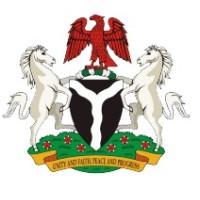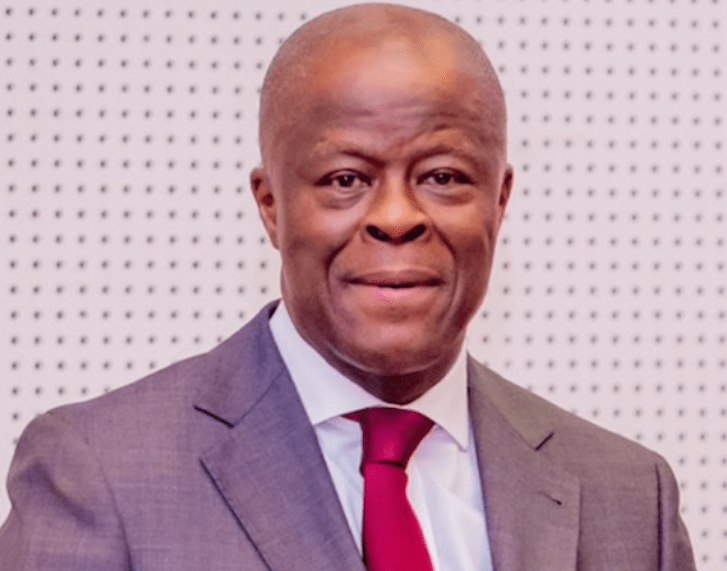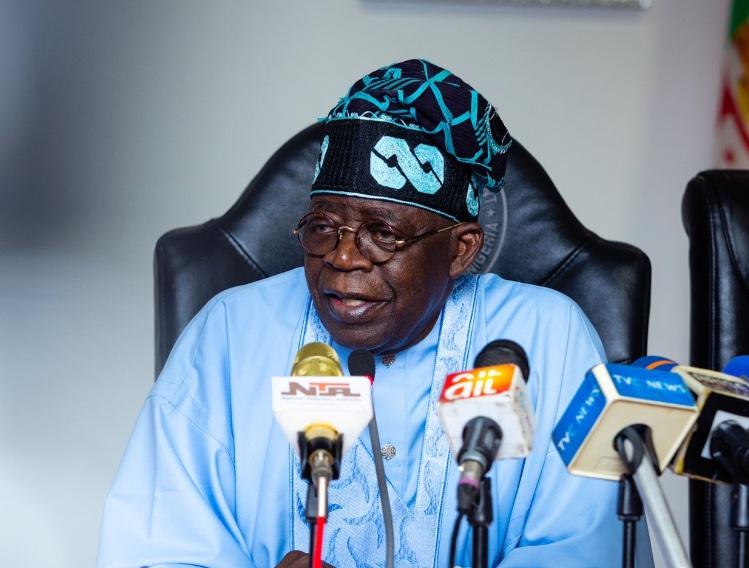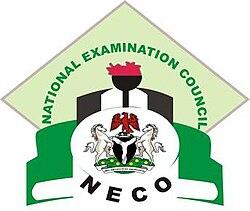The Federal Government has reintroduced History as a compulsory subject in the basic education curriculum across Nigerian schools. The announcement followed an official statement released by the Federal Ministry of Education on its X account on Wednesday.
To this end, Nigerian students will take History classes from Primary 1 to JSS 3, while SSS 1–3 will take Civic and Heritage Studies.
Specifically, Primary 1 to 6 students will study Nigeria’s origins, leaders, culture, politics, economy, religions, colonial history, and governance. Furthermore, JSS1 to JSS3 students will learn about civilisations, empires, trade, amalgamation, independence, democracy, and civic values.
Read also: Federal Government approves plans to prevent flooding
The ministry also released the updated curriculum and pledged teacher retraining, adequate resources, and stronger monitoring to ensure successful implementation. The reform is described as a gift, reconnecting children with their heritage, promoting pride, unity, and commitment to development.
Prior to this, the Federal Government introduced the New Basic Education Curriculum for primary and junior secondary schools across the country. History was excluded from both levels, and the revised curriculum was fully implemented nationwide during the 2009/2010 academic session.
At the time, officials explained that History was removed because students avoided it, and qualified teachers were scarce. However, in 2017, the Nigerian Educational Research announced its readiness to restore History as a subject for school students.
The council also launched teacher training, representing the first stage of efforts to reintroduce History. Meanwhile, The latest announcement from the federal government completes the process, officially restoring History as a compulsory subject in Nigerian schools.








